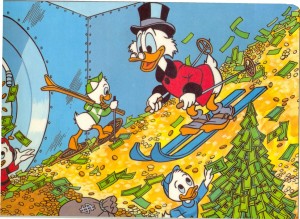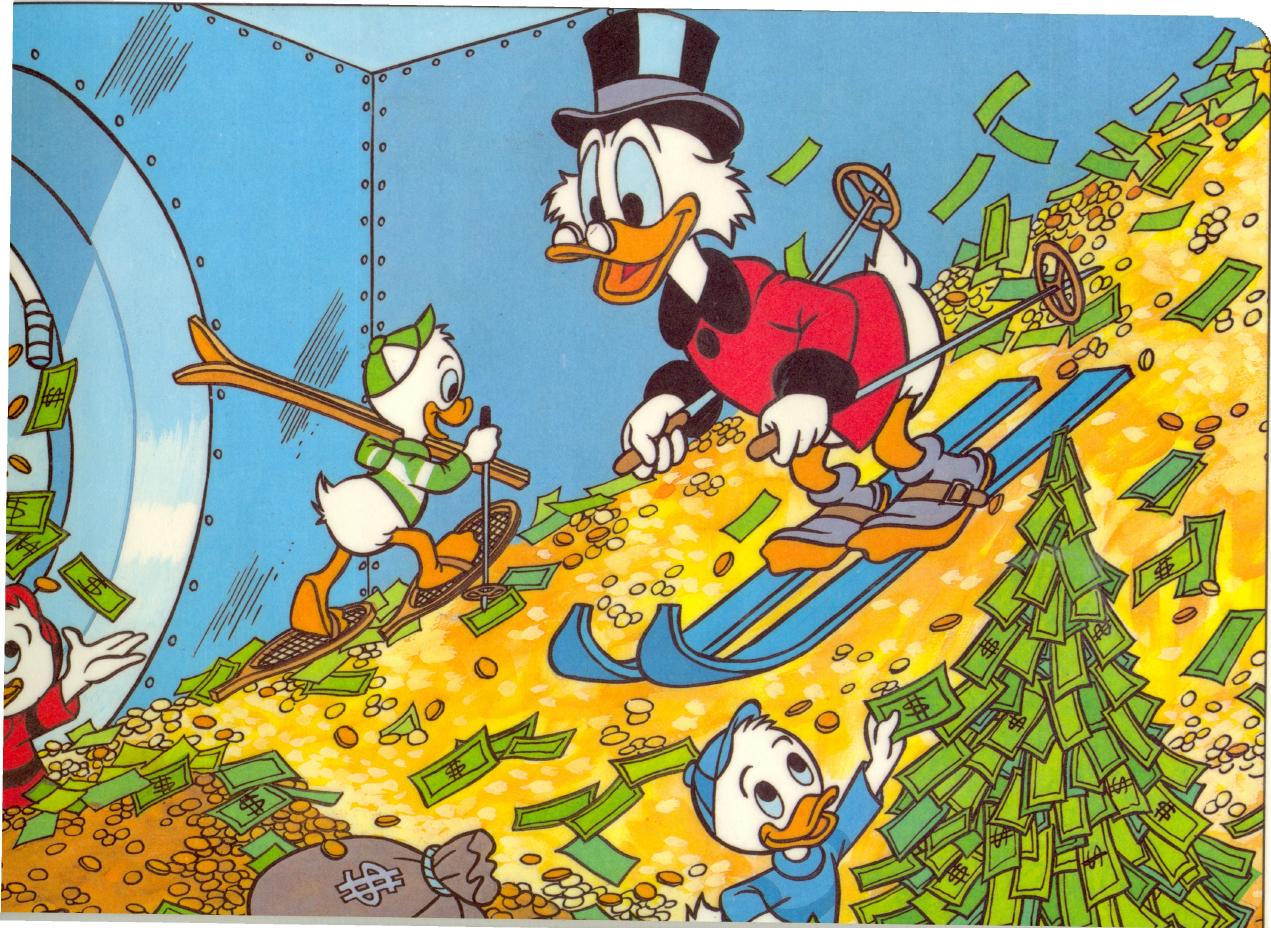
The California legislature has adapted to a “you scratch my back, I’ll scratch yours” mentality over the years. Just in 2012, there have been a surplus of gifts flooding into the state capital, estimated to be worth up to $500,500. The motivation behind the gift giving or donations is that of control over government policies. This is how corporations achieve their impact on the government: bribery through luxury gifts. Democracy is being sacrificed for policymakers to have their overabundance of endowments.
The American Legislative Exchange Council (ALEC) pays for the airfare and travel luxuries for legislators to travel across the country. The council is funded by corporations that include some of the largest drug, tobacco and phone companies of the world. These companies are promised tax write-offs if they wine and dine legislators.
Basically, the more money corporations spend on legislators, the more tax write-offs corporations receive for this so-called charity project. With this, companies have been able to keep an influential hand in government dealings.
Lisa Graves, executive director of Center for Media and Democracy and publisher of ALECexposed.org, revealed that corporations like Pfizer, Verizon, and Blue Cross Blue Shield fund trips to luxurious resorts for lawmakers “to vote behind closed doors with lobbyists on proposals to change state laws.” Companies have also found an alternative route to hiding the gifts they are providing to legislators by wrapping it in the word “scholarships.” Through all this, ALEC has designed a creative way for legislators to receive lavish gifts for the purpose of swaying lawmakers in creating policies that benefit large corporations.
Legislators have been conditioned to expect this type of treatment as long as they keep the companies contributing to them satisfied. But this is how America works, right? The more money that an individual or company has, the more influence he has on the government. The gross imbalance of influence that large corporations exercise over government leaves no room for the average citizen’s voice to be heard.
For instance, the United States is one of two countries that allows for the advertisement of pharmaceutical drugs. Thus, the Pharmaceutical Research and Manufacturers of America (PhRMA) is the largest contributor to legislators, with a $188 million annual lobbying budget. PhRMA exemplifies the monetary, political, and social power special interests hold over the government, and by proxy, the healthcare system. This engenders a monopolistic situation where one company can wield power and influence above and beyond another, cutting the chances for other pharmaceutical drug companies to take root. The result is our health left in the hands of one lobbying group because it provides nice hotels and lavish lifestyles for old white men in government.
There are lobbying regulations that do prohibit lobbyists from directly giving government officials gifts, but these laws can be ineffective. In 2006, Randy Cunningham, a former Republican Congressman from San Diego revealed to the public, “I rationalized decisions I knew were wrong.” Cunningham was convicted for accepting $2.4 million in favors from military contractors in return for paving the way for government contracts. Although this case was uncovered and prosecuted, there are many other cases that still remain covered because lobbyists have found underhanded ways to deliver their large sums of money to policymakers.
In the Cunningham case, it can be considered flat-out bribery; however, councils such as ALEC are middlemen in providing a means for corporations cover up their bribery as “charity.” There is no need for the ALEC fund or any funds of this sort because they only allow loopholes for large corporations to have the power to sway policies for their own benefit. This does not mean that people should not have the right to give policymakers donations but for corporations to pull from all their resources and throw their entire weight behind a lobby perpetuates an unfair advantage. The power that large corporations have over the government is disproportionate to the amount of influence that the average citizen has.








